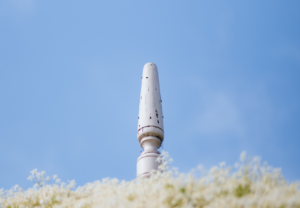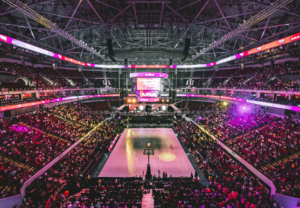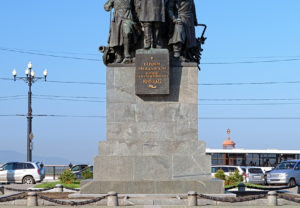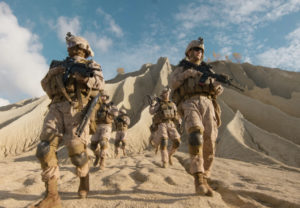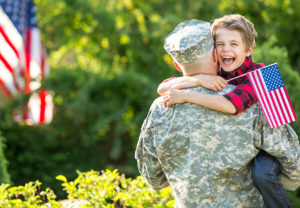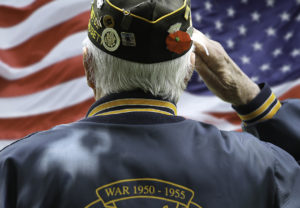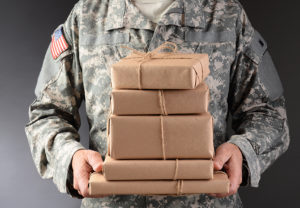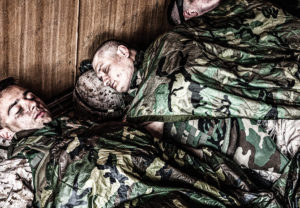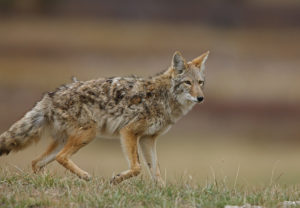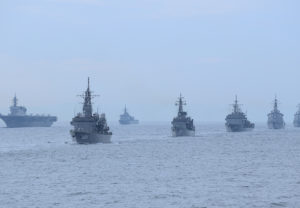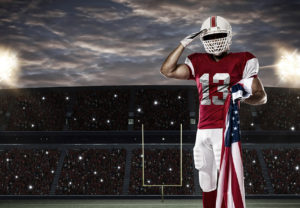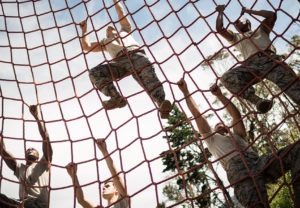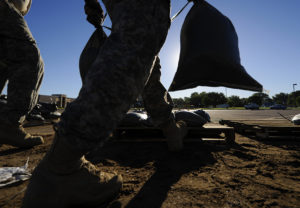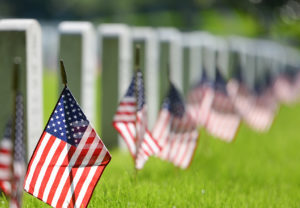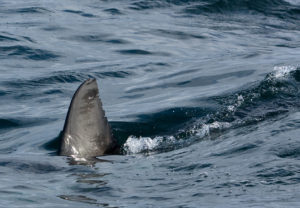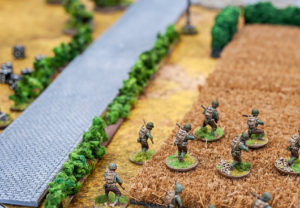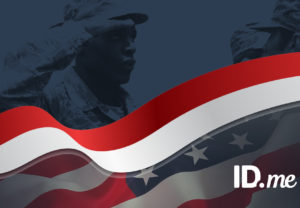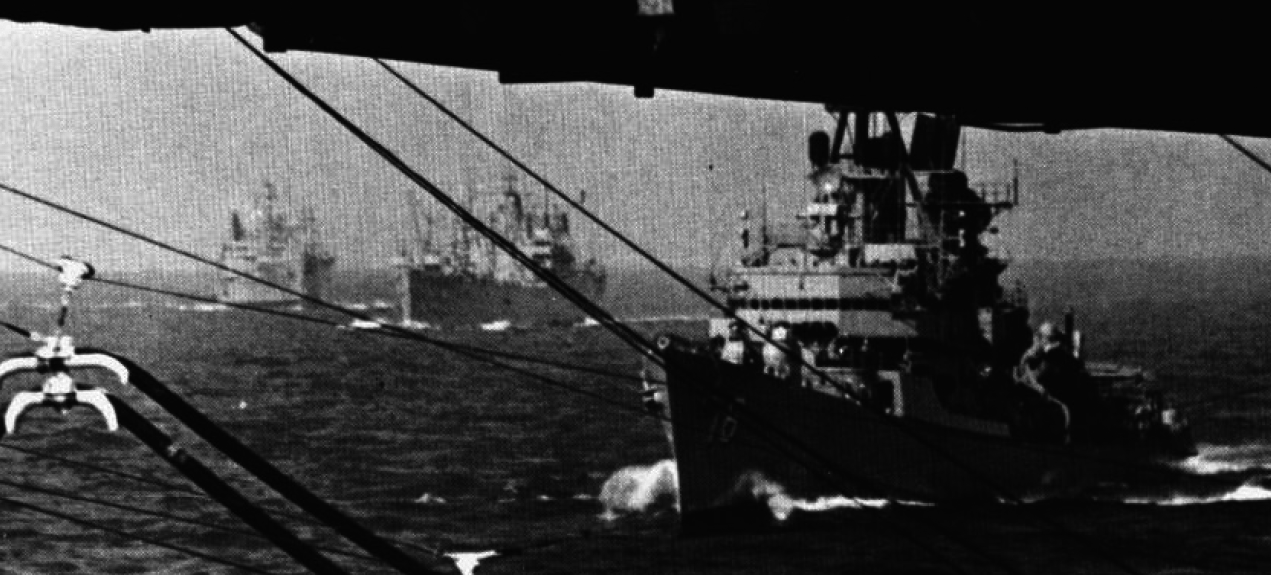“They don’t know it, but I have thought about that day — those few days of the Easter Offensive — quite often. I’m going to say monthly. That’s how much of an impression it made on me and how proud I am to have supported you guys.”
James Hansen spoke openly to his fellow destroyer crew mates, approaching 60 in all, as they remembered one of the fateful events in their life, and, one of the pivotal moments in the Vietnam War.
The year was 1972, and Hansen was serving aboard the United States Navy vessel the Strauss. Together, along with other destroyers, the sailors shelled the North Vietnamese army near the Demilitarized Zone so that their brother Marines (who were in harm’s way advising the South Vietnamese forces) could be safely extracted from the deadly area.
While two Marines were lost that day, many more were rescued. Some of them, it just so happens, were attendees at the aforementioned reunion in South Bend, Indiana and — after all these years — were able to greet and embrace the veterans who helped save their lives.
One Marine, Joe Swift, says he’ll never forget one particular line that signaled that the destroyers were there for them, and had their back on that spring day, almost fifty years ago.
“Be advised this is fleet fox. We are on the scene.”
“Joe and me might not be here, and I would have lost more people were it not for the fire they provided,” said former Marine officer Joel Einstein.
“We would go out to the ships and they would feed us and give us clothing because sometimes it got very cold at night, but I do not have any remembrance of any particular people,” he said.
“The North Vietnamese were trying to cross the Dong Ha bridge with tanks and their infantry was on one side and other side shooting back and forth. We were using the Strauss and the Buchanan [one of the other destroyers] to pin those people down on the north side of the bridge so we blow up the bridge before the thanks could come across.”
“The weather was really bad and we couldn’t get anything but naval gunfire,” remembered Swift. “There was no artillery. There were no airstrikes, and so if it weren’t for the naval guns, we would have had nothing.”


